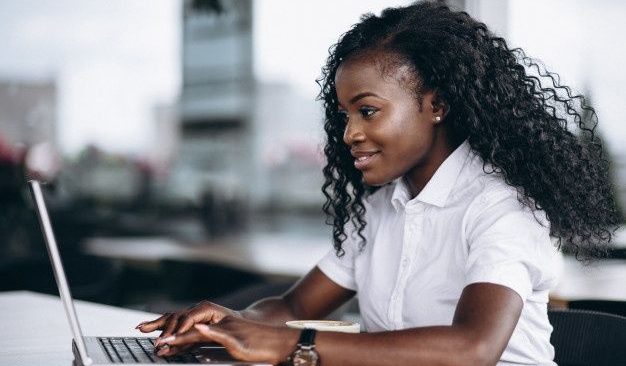Nigeria is the most populated country in Africa with 202 million inhabitants, of which 49 percent are women.
- Women in Nigeria currently lack equal economic and political empowerment and need to be empowered to obtain gender equality as stated by the third goal of Millennium Development Goals (MDGs).
- Gender equality in the context of human rights and innovation is a social condition where women and men share equal rights and a balance of power, status, opportunities and rewards; this can be achieved by equitable access and use of resources, freedom from violence and equitable participation in relationships, households, the community and political influence.
- Current poverty reduction strategies, still do not account for differences in income and power between men and women, hampering efforts to finance programmes that reduce inequality. In addition, the majority of African women are still denied education and employment, and have limited opportunities in trade, industry and government.
- This is primarily because the benefits of gender equality such as a vastly improved local and national economy and better relationships translating into a better family life are currently not realized.
- The way forward involves capacity building including adequate government funding to enhance women education development based on accurate reliable statistics on girl’s education for better planning and implementation.
- There is also a need for collaboration between parents, religious and community leaders, governments and various supporting agencies to emphasize the importance of educating girls.

